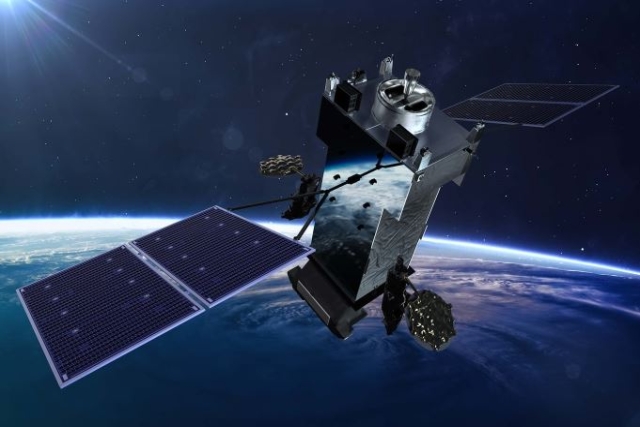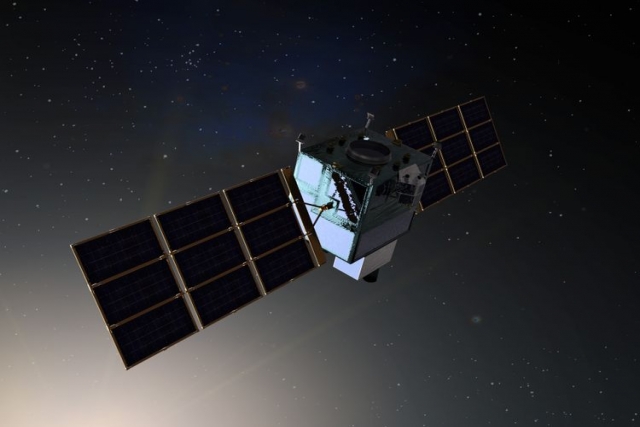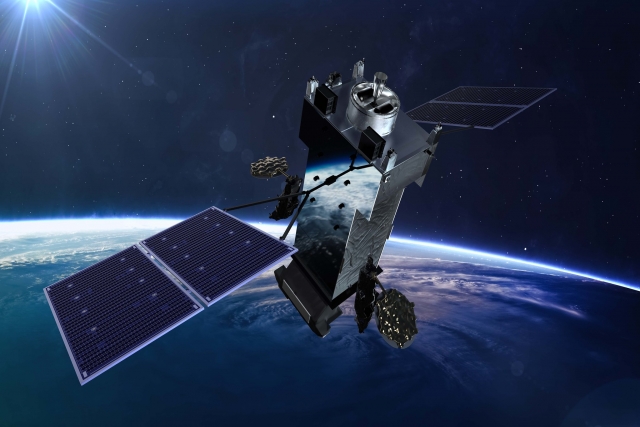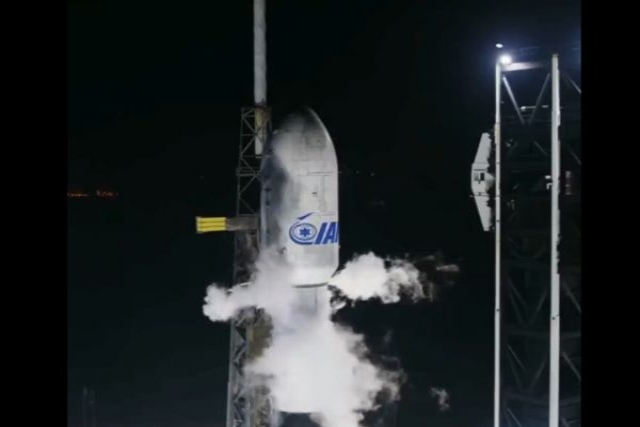Raytheon Delivers First Sensor Payload for Space Force’s Missile Warning Satellite
The Next-Gen OPIR program, estimated at $14B, is one of the Space Force's most expensive satellite procurement efforts

Raytheon has delivered its first sensor payload to Lockheed Martin, the prime contractor for the U.S. Space Force Space Systems Command's Next-Generation Overhead Persistent Infrared (Next-Gen OPIR) Geosynchronous Earth Orbit (GEO) Block 0 missile warning satellite.
The delivery keeps the satellite on track for an initial launch capability in 2025.
The Next-Gen OPIR GEO satellite is designed to enhance missile warning resilience and performance. Two satellites will provide continuous coverage over mid-latitudes, complementing the existing satellite constellation. Raytheon is responsible for designing and building sensor payloads for both of these satellites.
Before delivering the first payload, Raytheon completed several assessments, including thermal vacuum testing, which exposes the payload to a simulated space environment and validates digital models to ensure design requirements are met.
The second sensor payload is currently over 60 percent complete and is expected to begin thermal vacuum testing in early 2025.
The Next-Gen OPIR program, estimated at $14 billion, is one of the Space Force's most expensive satellite procurement efforts. These satellites detect missile launches and provide early warnings to U.S. and allied forces. Despite a trend towards smaller satellites, Next-Gen OPIR emphasizes reliance on persistent observation sensors in geostationary and highly elliptical orbits. Launched in 2018, the program includes two GEO and two polar satellites. Northrop Grumman, managing the polar satellites, has met milestones, with the first launch planned for 2028 to monitor threats from the Northern Hemisphere.













